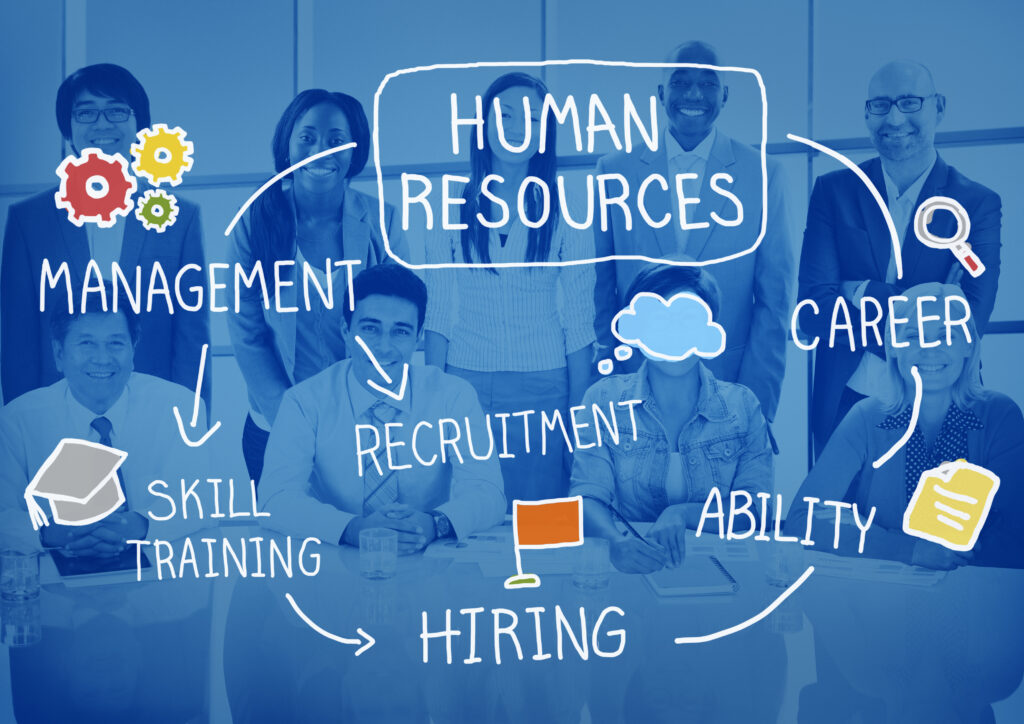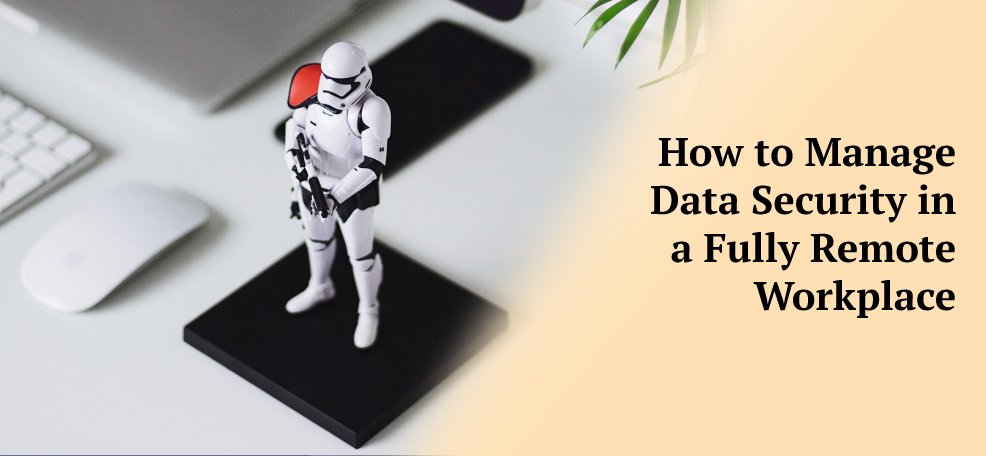Contract management is dynamic and multifaceted, beyond simply drafting and signing contracts. It encompasses a continuous and comprehensive approach that involves careful planning, diligent revisions, strict compliance adherence, and strategic decision-making.
Effective contract management is crucial for your business’s success and positively impacts all stakeholders. Everyone benefits from professional contract management, from employees who rely on transparent and fair contractual terms to customers who expect seamless service delivery and vendors and suppliers who seek mutually beneficial partnerships.
By mastering the art of contract management, you can ensure smoother operations, minimize risks, foster strong relationships, and ultimately drive business growth.
Importance of Contract Management in HR
As an HR professional, you understand the significance of contract management in your field. It is pivotal in ensuring legal compliance, managing risks, controlling costs, and facilitating efficient workflow processes. By effectively managing these contracts, you comply with employment laws and regulatory requirements and mitigate legal risks that could arise.
Contract management enables you to identify and address potential risks associated with HR contracts. Doing so can minimize the chances of legal disputes, financial losses, and damage to your organization’s reputation. According to analysts from PricewaterhouseCoopers, implementing contract management practices can lead to potential cost savings of up to 2% annually for businesses, as it helps prevent inaccuracies and non-compliance issues.
Efficient contract management also establishes clear guidelines for various stages of the contract lifecycle. From initiation to review, execution, and monitoring, streamlined processes ensure smooth operations and enhance overall efficiency within your HR teams.

Contract Management Software
Contract management software can be a valuable tool offering several benefits to enhance efficiency and accuracy. Let’s explore how contract management software can help you in your role.
Contract management software provides a centralized repository for storing all your contracts. Say goodbye to manual filing systems and searching through countless folders. With this software, you can easily access and retrieve contract documents.
The software offers templates and standardized workflows for contract creation and editing, making the process more efficient. You can generate new contracts using pre-approved templates, ensuring consistency and compliance with legal requirements.
Keeping track of critical dates, milestones, and contract renewals can be challenging. Contract management software has you covered with automated reminders and alerts. You can set up notifications for contract expirations, performance reviews, or termination notices, ensuring that essential activities are noticed and reducing the risk of non-compliance or missed opportunities.
Contract Management Tips for HR Professionals
This article provides essential tips and strategies to effectively handle contracts throughout their lifecycle. With these insights, you’ll be able to confidently navigate the complexities of contract management and achieve better outcomes for your organization. Let’s dive in!
1. Develop a Comprehensive Strategy
As an HR professional, it is crucial for you to develop a comprehensive contract management strategy to handle contracts throughout their lifecycle efficiently. Initiate by creating specific goals and objectives that are in line with the overarching goals and HR priorities of your organization. It will ensure that your contract management efforts are purposeful and contribute to larger organizational goals.
Additionally, define roles and responsibilities within the contract management process to establish accountability and promote clarity among your team members. Establishing standardized procedures for different stages of the contract lifecycle is essential. These processes will streamline your operations and minimize inconsistencies or errors.
You can handle contracts quickly and confidently by developing a comprehensive contract management strategy.
2. Conduct a Service Gap Analysis
Performing a service gap analysis is valuable for optimizing your contract management processes and driving business performance. Start by assessing your current contract management practices. Look for any gaps or shortcomings that may exist. For example, if communication is a gap, you could explore implementing regular check-ins or utilizing collaboration tools to enhance stakeholder communication.
This analysis will empower you as an HR professional to enhance contract outcomes and prioritize improvements. It provides a non-blaming approach focused on optimizing processes and positively impacting your business performance.
3. Contract Drafting and Review
Clarity, accuracy, and legal compliance are vital for thorough contract drafting and review. Defining the scope of work, deliverables, timelines, and payment terms within the contract is essential. By clearly outlining these details, you and the other party involved can have a shared understanding of the contract terms, minimizing potential misunderstandings or disputes.
Include measurable performance metrics to hold both parties accountable and facilitate effective management. Remember to incorporate essential legal provisions, such as confidentiality, data protection, indemnification, and termination, to safeguard your interests and ensure compliance with relevant laws and regulations. By including these provisions, organizations can protect their interests and maintain confidentiality.
4. KPIs and Performance Metrics
It is crucial for you to leverage KPIs and performance metrics in the contract management process. You can effectively monitor whether your contracts meet the desired outcomes and service levels by tracking these indicators.
Consider leveraging chat applications or project management tools to enhance your contract management and align it with your HR objectives. These tools provide valuable support in tracking and monitoring critical aspects of your contracts, such as deliverables, timelines, and compliance with established standards.
It enables you to make informed decisions, detect any potential issues, and take proactive measures to optimize the performance of your contracts. Ultimately, this data-driven approach facilitates effective contract management and enhances accountability.

5. Implementing Effective HR Strategies
Human resource management is vital in effectively managing an organization’s workforce. Within contract management, HR professionals are responsible for ensuring the successful execution and administration of contractual agreements.
It helps you by defining clear roles and responsibilities, fostering effective communication with stakeholders, building solid relationships, conducting performance evaluations, and providing training, and development opportunities.
Applying these principles can enhance your contract management capabilities, improve stakeholder relationships, promote collaboration, and effectively mitigate risks throughout the contract lifecycle.
6. Contract Tracking and Organization
You must implement effective contract tracking and organization systems to manage contracts efficiently. Take into consideration the utilization of contract management software.
This tool enhances contract management by automating reminders, tracking contract status, and facilitating collaboration. Using contract management software can boost efficiency and productivity in managing your contracts.
It is crucial to establish a centralized contract repository. A central location where all your contracts are stored ensures easy and secure access for authorized personnel. It eliminates the risk of misplaced or lost contracts.
7. Establish Robust Contract Monitoring
Ensuring the effective fulfillment of contractual obligations requires you to establish robust mechanisms for contract monitoring. By conducting periodic reviews, you can assess the performance of the contract against the agreed-upon metrics. It allows you to identify any performance gaps or issues and take prompt action to address them.
Regular contract performance reviews are critical. By doing so, you ensure that all parties involved are fulfilling their contractual obligations satisfactorily. Keeping a close eye on critical milestones and deadlines is crucial. You must diligently monitor and track essential milestones, deadlines, and obligations outlined in the contracts. By being proactive, you can prevent potential delays or breaches, ensuring that everyone involved meets their duties within the designated timeframes.
8. Implement a Proactive Contract Renewal
Maintaining a comprehensive contract expiration tracking system ensures that contracts are evaluated, and decisions regarding renewal or termination are made promptly. It helps prevent any contract lapses or automatic renewals without proper consideration.
You need to take a proactive approach to contract renewal. Before renewing a contract, evaluating its performance is essential to optimize its outcomes. Take the time to assess the performance of existing contracts based on factors such as vendor performance, value delivered, and alignment with your HR goals and organizational objectives.
This evaluation provides valuable insights for decision-making regarding contract renewal, allowing you to determine whether the contract should be renewed, renegotiated, or terminated.
9. Embrace Remote Work
It would help if you adapted your contract management processes to support a distributed workforce in the era of remote work. Here are the benefits that HR professionals in contract management can experience:
Increased Flexibility: By accessing contract systems and collaborating from anywhere, you can efficiently handle contracts and address issues without being limited to a physical office space.
Improved Efficiency: Optimize your time and reduce commuting, allowing you to allocate focused time to contract activities. It leads to faster turnaround times and streamlined processes. Working from home has been shown in recent studies to increase efficiency, productivity, focus, and job satisfaction among employees.
Enhanced Collaboration: Take advantage of digital tools for effective communication and collaboration with stakeholders, enabling collaboration regardless of geographical location.
Access to Global Talent: Embrace remote contracting capabilities to engage skilled contractors worldwide. It brings diverse expertise and perspectives to your contract management initiatives.
Cost Savings: Remote work eliminates commuting and office space expenses, allowing you to allocate resources more efficiently. You can invest in training, software, and tools that enhance your contract management capabilities.
By adapting your contract management processes to support remote work, you can effectively leverage these benefits to manage contracts in a distributed workforce environment.

10. Implement Continuous Improvement Initiatives
Embracing continuous improvement initiatives is essential to enhance your contract management processes further. Regularly assess your contract management practices, gather stakeholder feedback, and identify improvement areas. It could include streamlining workflows, implementing automation tools, or enhancing communication channels.
You can optimize efficiency, reduce errors, and ensure better outcomes in fulfilling contractual obligations by actively seeking ways to improve your contract management processes. Continuously adapt and refine your approach based on lessons learned and industry best practices to stay ahead in contract management.
Conclusion
As an HR professional, it is crucial for you to implement effective contract management practices to ensure the successful execution and administration of contractual agreements. The tips can enhance your contract management capabilities and achieve better outcomes.
Author’s Bio: Qurat-ul-Ain Ghazali, aka Annie, is the growth manager at Contractbook and looks after all the organic channels. She has been with tech startups and scaleups for a couple of years with a B2B focus. You can find her socializing, traveling, indulging in extreme sports, and enjoying the local desserts when she is not working.



